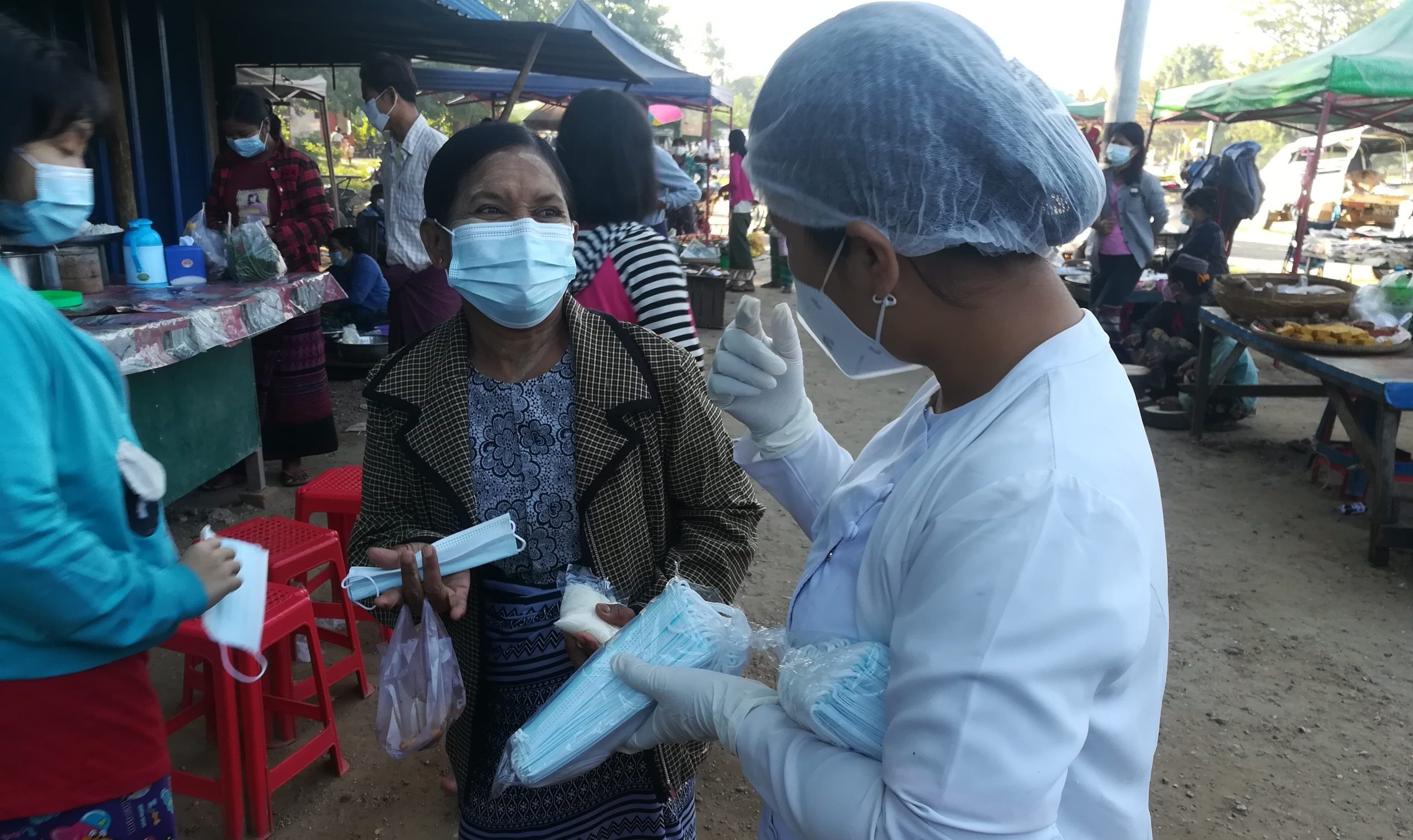
The gendered experience of close-to-community providers in fragile and shock-prone settings – Myanmar
This report – download it here – is by the Burnet Institute Myanmar. It covers the Myanmar aspect of the research study, The gendered experience of close-to-community providers in fragile and shock-prone settings: implications for policy and practice during and post COVID-19
The findings show that close-to-community (CTC) providers were a bridge between the community and the malfunctioning health system during the COVID-19 period in Myanmar. They fulfilled new COVID-19-related work as well as their existing duties, without pay or remuneration and in difficult conditions. However, all stated that they were proud and happy to serve their communities.
The report makes recommendations, the main of which are:
- CTC providers are frontline workers and are essential in the prevention and control of COVID-19, therefore comprehensive and proper training is required.
- As preventive protective equipment, masks and hand sanitizers are supplied on an ad-hoc basis and are inadequate for the CTC providers’ needs, a formal mechanism for wider, sustained distribution is recommended.
- Motivational incentives and recognition should be given for CTC providers’ continued contribution, especially during crises like the COVID-19 pandemic.
- When providing COVID-19 vaccinations, CTC providers should be considered frontline health workers along with all formal health workers.
The full report can be downloaded here. The annex containing the interview scripts and topic guide can be downloaded here.
Image: A close-to-community provider dispenses masks and advice at a market in Myanmar